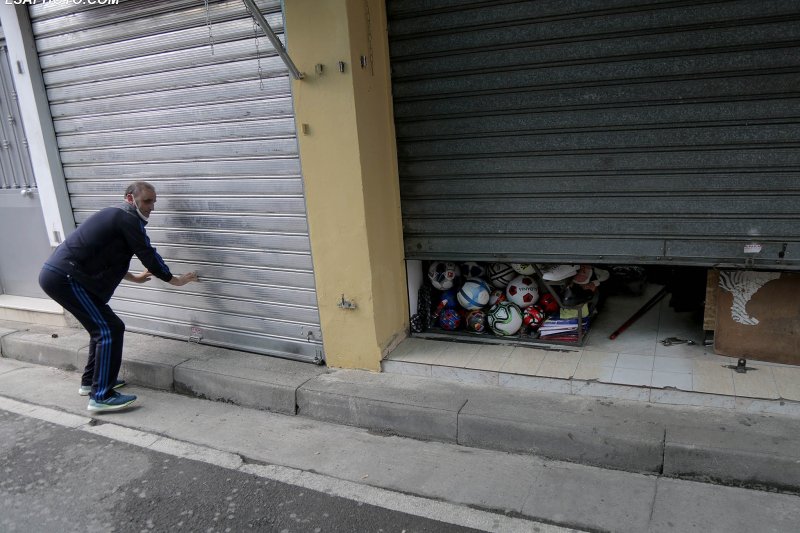Small Businesses Face Bankruptcy amid Coronavirus
Businesses across Albania have been in distress by the coronavirus pandemic. But small and medium-sized ones are being hit particulary hard. From May 1 to July 14, the number of businesses that have closed has increased by 54% on an annual basis. Entrepreneurs say that the lack of market and clientele is forcing them to close the activity. Most affected by the crisis are unconsolidated businesses, set up 5 months or 1 year before the pandemic. In the "Myslim Shyri" street, clothing stores of well-known brands which have been operating for 20 years, have gone bankrupt due to coronavirus. In the country, according to the data of the General Directorate of Taxes there are a total of 3,568 retail businesses of clothing and 582 retail businesses of shoes and leather goods. They account for about 4% of total enterprises.
Small business is struggling to survive in the post-quarantine period, as entrepreneurs themselves say they are suffering from a lack of market and purchases. In the first 2 weeks of July, the entities that sought to suspend the activity were twice as high as a year ago, influenced by the poor tourist season. Closed businesses are concentrated in the districts of Tirana, Durres, Elbasan and Vlora. Albania is characterized by a high level of self-employment, with almost 35% of the total, the highest in the region and second in Europe, after Turkey. Mass closure of activities is expected in September After the efforts to survive the summer, in September small businesses are expected to close en masse if the government does not devise new support initiatives, according to economics expert Sherefedin Shehu. "Practically, businesses not only publicly complain about the difficult situation and the inability to survive, but some of them have closed and continue to close.
In the summer period, these businesses will try to make a living, but if there is no serious support program, bankruptcies are inevitable, as macroeconomic indicators show. The World Bank estimates for poverty growth, at least at the level of 40%, will say that there will be a significant decline in product, services, employment. "All this will lead to the closure of a significant part of businesses."













